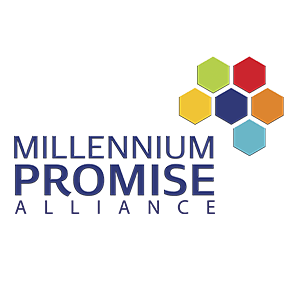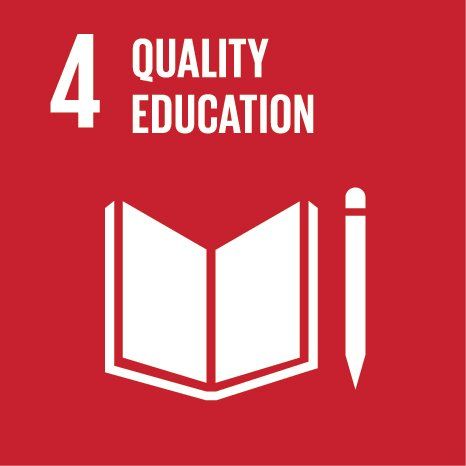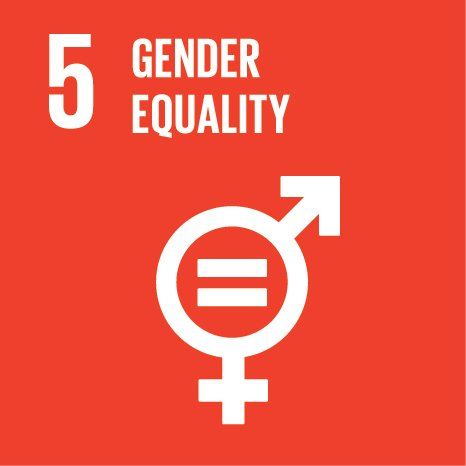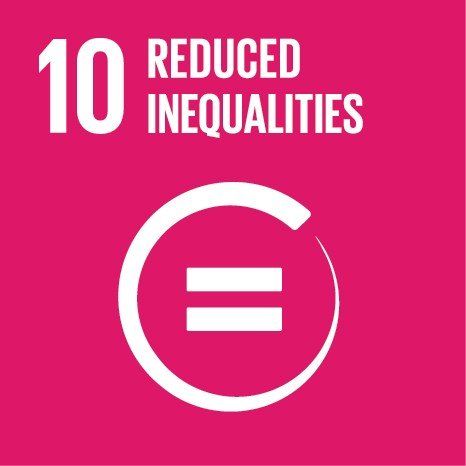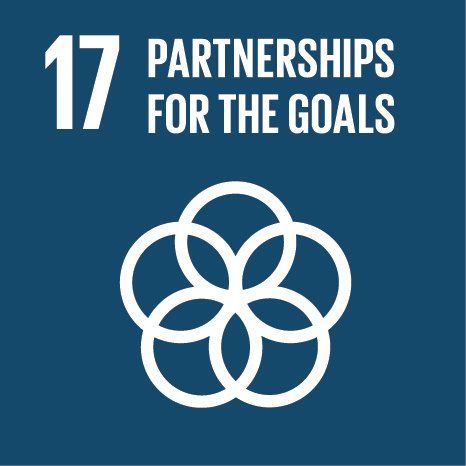Education Systems
including Formal and Non-Formal Education
MPA aims to achieve universal access and completion of primary education, increase access to secondary school and improve quality of education and gender parity across all targets. In the Sahelian belt where there is a fierce competition between Koranic and formal schools, MP investigates innovative ways to integrate both systems and adapt them to nomadic communities’ traditional life style.
Moving forward, our strategy in education shifted to the Sustainable Development Goals (SDGs) with 2030 as target. Our priority in educational and gender related interventions is to:
- Ensure inclusive and equitable quality education and promote lifelong learning opportunities for all (SDG 4)
- Achieve gender equality and empower all women and girls (SDG 5)
- Reduce inequality within and among countries (SDG 10)
Our Education main strategic objectives are to address both formal and informal education and attract and retain children in primary and secondary schools by improving quality and infrastructure of schools; pre-school and early grade literacy acquisition; gender parity in secondary education and opportunities upon graduation through life and vocational skills programs. We also put a great emphasis on quality of teaching and learning through integration of digitally-enabled resources and teacher’s professional development. We also engage parents in the learning process of their children, including by providing adult literacy instruction and support resources.
Our target population includes all pre- and primary education children, secondary children – specifically girls, youth out of school and a significant portion of adults in the communities where we work.
Some of our specific activities are as follow:
- Building and renovating schools and classrooms
- Launching the school meals program in partnership with the communities, the Table for Two Foundation, and the World Food Programme, to boost student attendance, nutrition, and performance
- Providing teacher training, computers, and Internet access to schools
- Equipping schools with water points, improved latrines, and electricity
